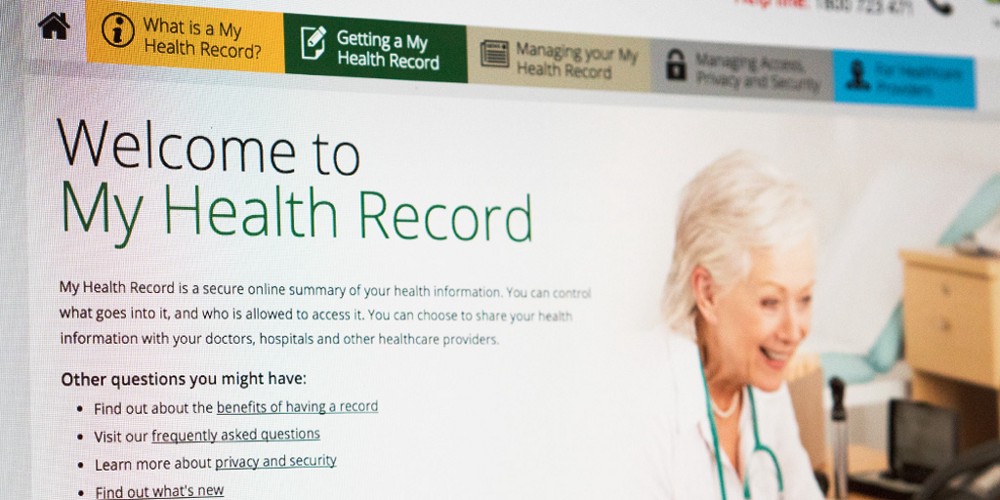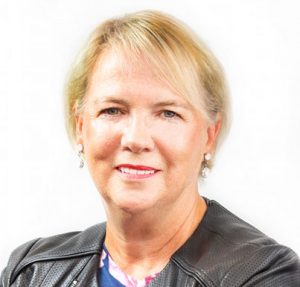“With their digital IDs, Estonians can use their smartphones to get just about anything done online — from their children’s grades to their health records,” US President Barack Obama said during a 2013 press conference. “I should have called the Estonians when we were setting up our healthcare website.”
As My Health Record is now being rolled out to all Australians on an opt-out basis, it is interesting to look at a Baltic nation, Estonia, that set up its health record in 2001, as explained in this piece by Dawn Bushaus, Managing Editor, TM Forum.
When Estonia gained independence from the Soviet Union in 1991, they used technology to reinvigorate and reimagine their country. A little known example of this: Estonia created the software for Skype in 2003!

My Health Record website
Estonia’s digital health success is due in large part to its government-wide commitment to digitalisation. Indeed, Estonia held its first elections allowing votes in 2005. Their citizens have an ID card for secure authentication and a secure data-exchange layer since 2002. It’s 40 years this year since the Australia Card concept (a national identification card for Australian citizens and resident foreigners) was first rejected. The reality is that tax file numbers and Medicare care cards have been default or quasi identification devices.
Interestingly, the technical implantation of Estonia’s digital health system turned out to be the easy part. Cultural and organisational challenges were more difficult to address, and Australia is still to face these.
The eHealth industry that has grown up around the Health Information Exchange (HIE) in Estonia, including e-clinics has reduced the growth rate of national healthcare costs. At 6% of GDP, it is one of Europe’s most cost effective countries. Note that in 2013/14, Australia’s health care costs reached 10% of GDP (AIHW) for the first time.
It is very timely then that a collective of 45 industry partners and 15 Australian universities have applied to the Department of Industry to establish a Digital Health CRC, so Australia too can reap the ‘spill-over’ effects of My Health Record.
While we may still be using pencils to vote, by embracing and leveraging My Health Record, we can make the Australian health care system even better and more affordable.
Author: Elizabeth Foley, Digital Health CRC Bid Manager
Please note, the Digital Health bid team’s views are independent and are not in any way affiliated with the My Health Record website or Australian Government.



















